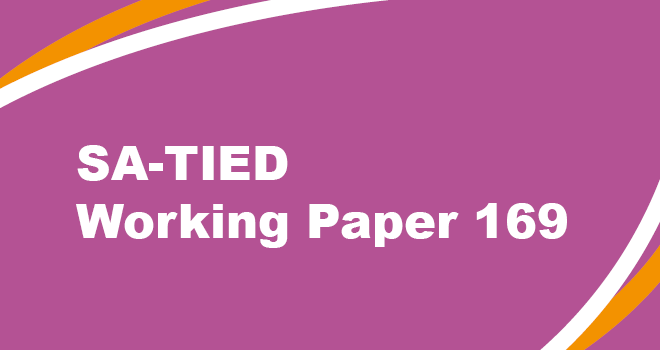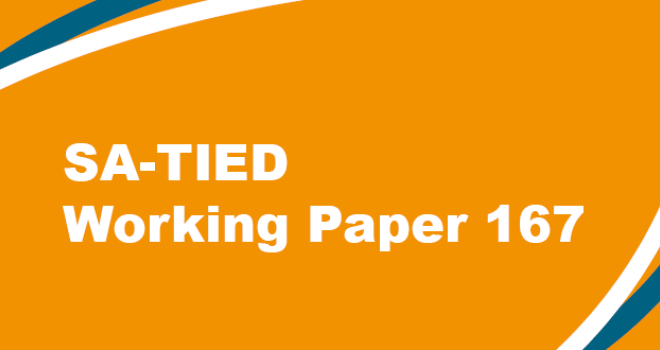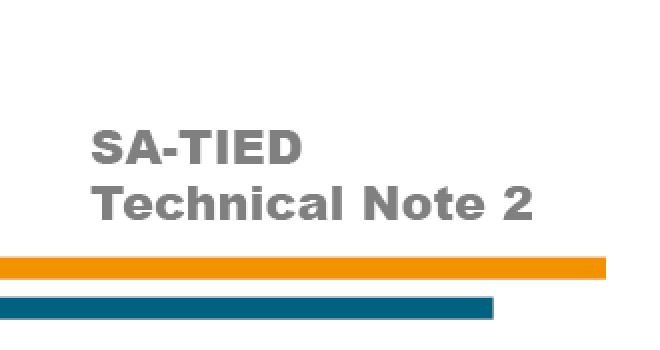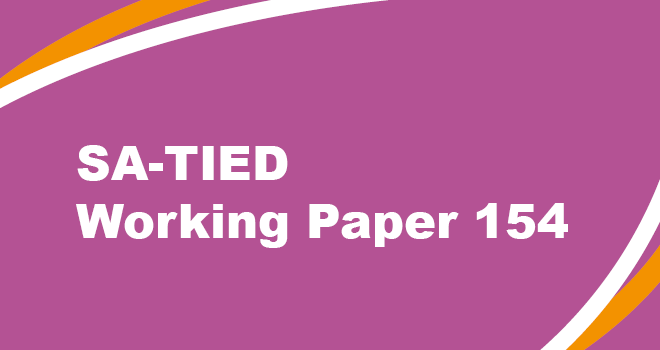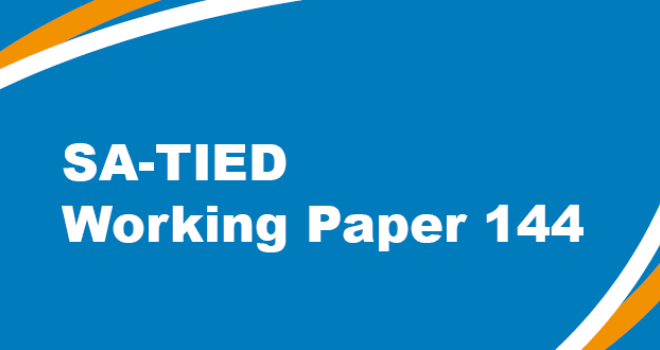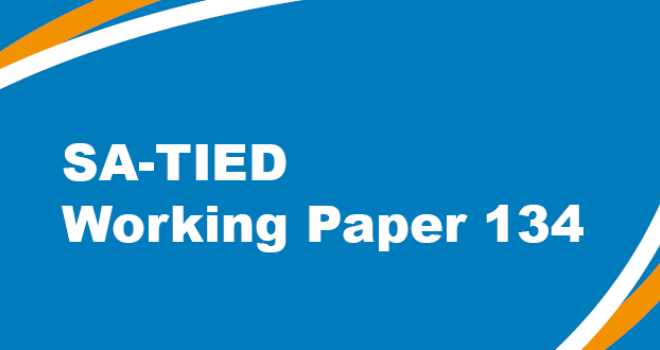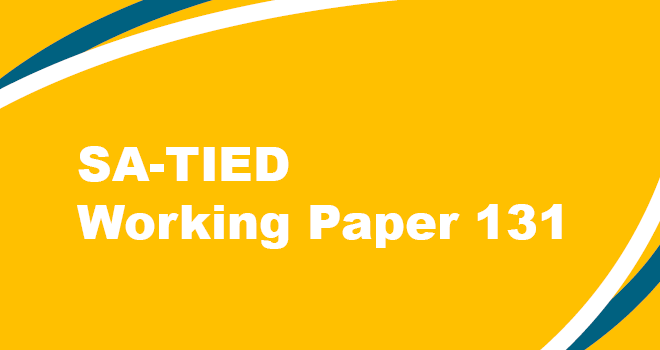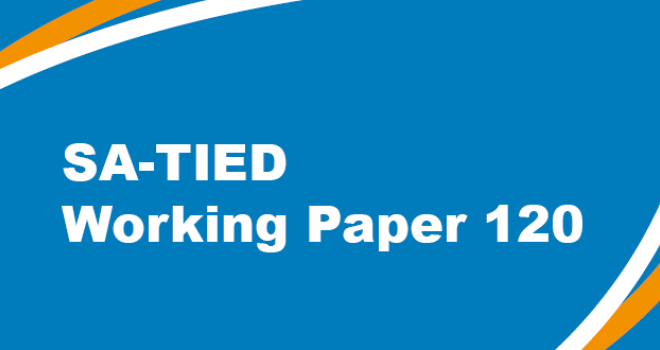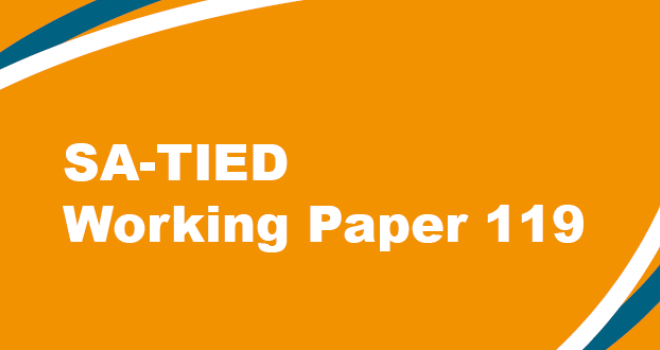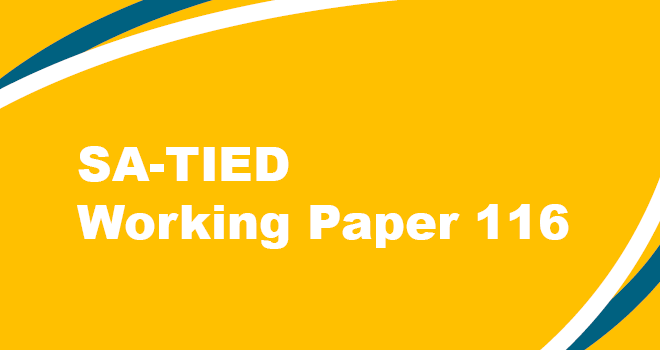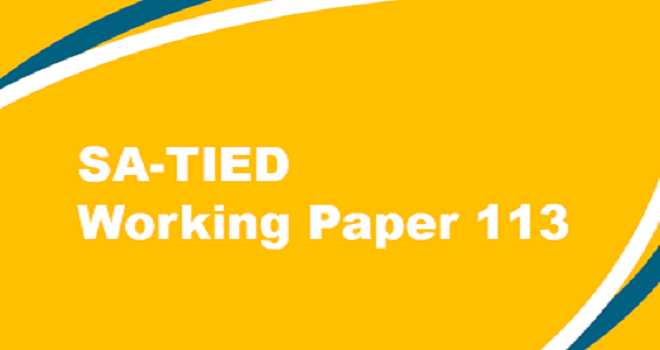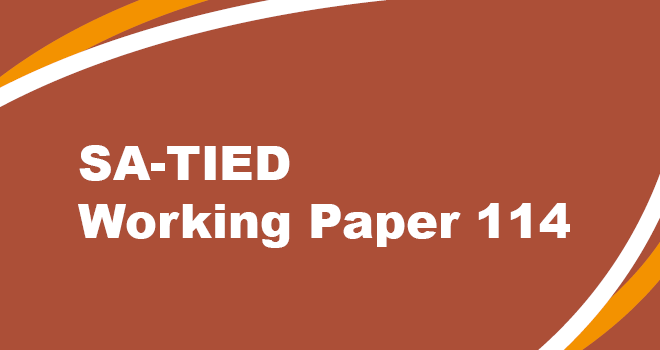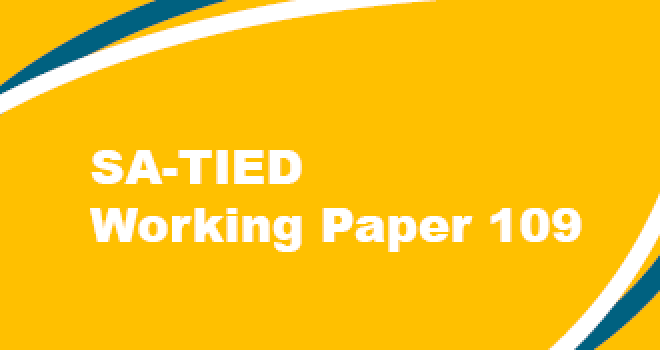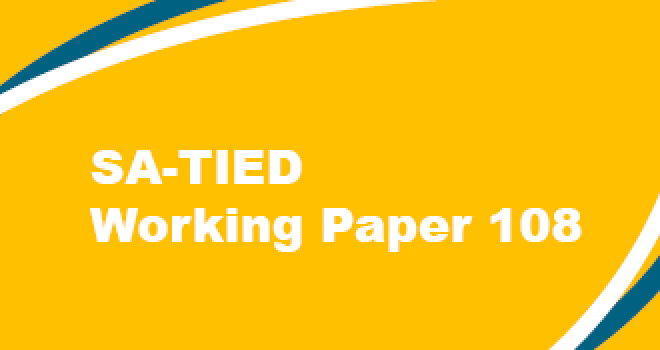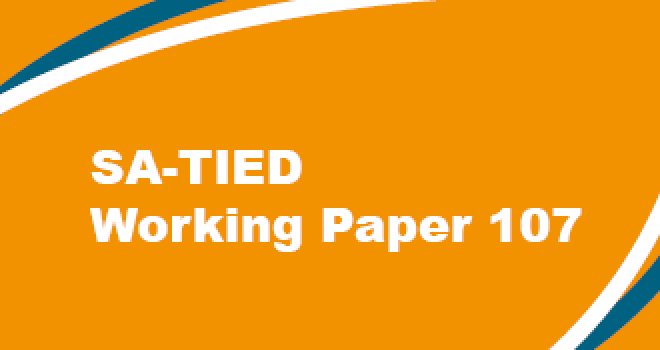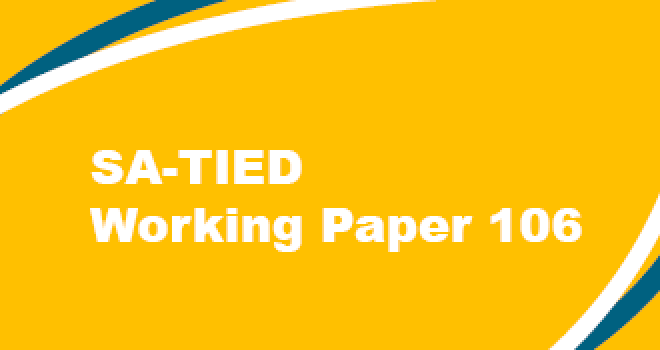Data
Introduction
The National Treasury Secure Data Facility (NT-SDF), established through the collaboration between the United Nations University World Institute for Development Economics Research (UNU-WIDER), the South African Revenue Service (SARS) and National Treasury (NT), provides researchers with partially anonymised tax data for research. South Africa is one of only a few countries globally to grant access to this type of data for research purposes. This is a unique opportunity as access to national administrative data for researchers outside of senior officials is rarely granted. The administrative data plays a central part in the SA-TIED programme and aims to inform policy formulation.
Data access
Located on the 20th floor of the NT building in Pretoria, the NT-SDF has a number of terminals available to researchers. Researchers with successful applications in response to calls for proposals, listed under the opportunities tab, can secure access the data to conduct their research.
Apart from responding to the request for proposals, researchers can send proposals (max five pages) to the National Treasury (ntsdf@treasury.gov.za) to request access to the data. Proposals should outline the research question, the relevant literature, the proposed methodology, exact data requirements, and the anticipated time needed in the data lab. In addition, the researcher should ensure that their proposal illustrates their familiarity with papers on the tax data relevant to their proposal. This will ensure they understand the data limitations and place their proposed contribution into the tax data literature.
Data description
The partially anonymised tax data available at the NT-SDF includes the Corporate Income Tax (CIT), Personal Income Tax (PIT), Customs, and Value Added Tax (VAT) dataset. Researchers also have access to the SARS Treasury matched firm-level panel and the individual panel. Below are the latest versions of the datasets at the NT-SDF. Please see the Data-Resources tab for more information on the contents of the datasets.
- Corporate Income Tax (CIT)
- (Latest version: v4, Tax years: 2007/2008 to 2017/2018)
- This panel contains information from the IT14/ITR14 forms.
- Pay-As-Your-Earn (PAYE, payroll or IRP5)
- (Latest version: v4; Tax years: 2007/2008 to 2017/2018)
- Value-Added Tax (VAT)
- (Latest version: v4; Tax years: 2008/2009 to 2017/2018)
- Customs data
- (Latest version: v4; Tax years: 2008/2009 to 2017/2018)
- Individual Panel
- (Latest version: v4; Tax years: 2010/2009 to 2017/2018)
- This panel merges IRP5 and ITR12 data
- SARS-NT/CIT-IRP5/SARS Treasury matched firm (STMF) panel
- (Latest version: 4, Tax years: 2007/2008 to 2017/2018)
- This panel merges the CIT, IRP5, customs and VAT data
All research papers using the data at the NT-SDF should include a data appendix and correctly cite the datasets. The Data-Resources tab contains a document with guidelines on compiling a data appendix and citing the tax data.
Data Security
The data are partially anonymised by masking identifying information (i.e., tax reference number, PAYE reference number, etc.). The aim here is to prevent anyone granted access to the tax data at NT-SDF from directly or indirectly identifying companies or individuals described by the data. The NT-SDF also offers additional security by requiring a non-disclosure agreement (NDA) and the Oath of secrecy before accessing the data. Furthermore, NT-SDF ensures that researcher output exported from the data facility does not contain potentially identifying information. Please refer to the “Standard Operating Procedure at the NT-SDF” document under the Data-Resources tab for more information on what information can be exported from the data lab.
Research
If you are planning on responding to an SA-TIED call for research proposals, please check the papers at the bottom of this page for completed, current, and ongoing research to avoid the duplication of existing research. Final papers resulting from the analysis of these data will be made available on our research page alongside all other SA-TIED final papers.
Some independent research studies have also been undertaken by staff at the National Treasury. An overview of this research can be accessed here.
Please feel free to send an email to sa.datateam@wider.unu.edu with additional questions regarding the data.

